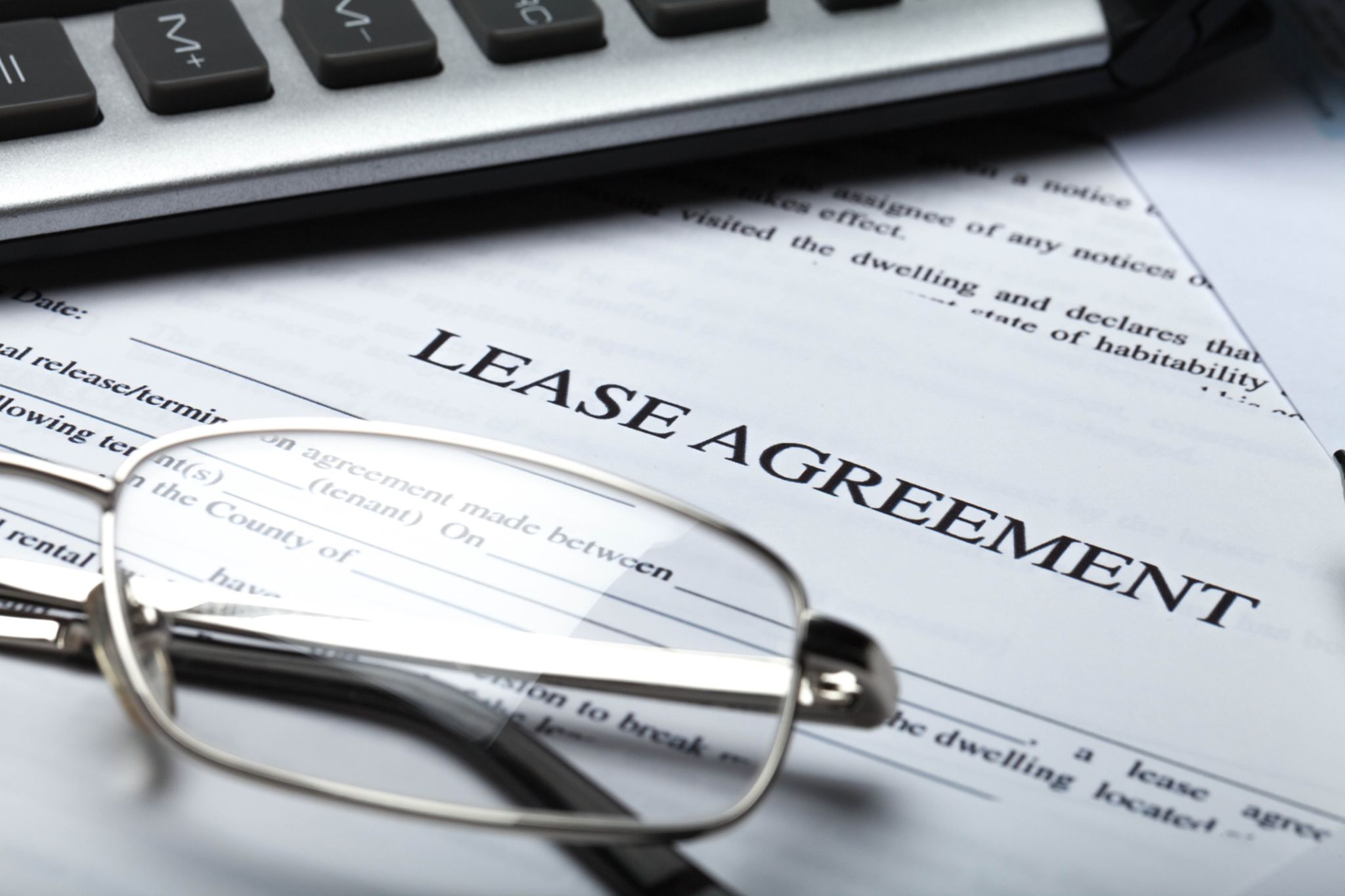Understanding Commercial Leases: A Beginner's Guide
Introduction to Commercial Leases
Navigating the world of commercial leases can be daunting, especially for those new to the business arena. A commercial lease is a legally binding contract between a landlord and a business tenant, outlining the terms and conditions under which the tenant can occupy the property. Understanding these terms is essential for ensuring a successful and smooth business operation.
Unlike residential leases, commercial leases are generally more complex and less regulated. They offer more room for negotiation, which can be both an advantage and a challenge for new business owners. This guide aims to break down the essential components of a commercial lease to help you make informed decisions.

Key Components of a Commercial Lease
Lease Term
The lease term is the duration for which the lease agreement is valid. It can range from a few months to several years. It's crucial to consider the length of the lease in relation to your business plans. Long-term leases might offer stability, but they also require a long-term commitment. Conversely, short-term leases provide flexibility but could be subject to frequent rent increases or changes in terms.
Rent and Additional Costs
Understanding the total cost of a lease goes beyond just the base rent. Be sure to clarify whether the lease is gross, net, or percentage. A gross lease includes all expenses like taxes and maintenance, whereas a net lease requires tenants to pay these costs separately. Percentage leases, often used in retail, involve paying a base rent plus a percentage of sales.

Common Clauses in Commercial Leases
Use Clause
The use clause specifies what activities are permissible on the premises. This is particularly important if you plan to operate a business with specific needs or restrictions, like a restaurant or medical office. Ensure that the use clause aligns with your business operations to avoid any legal issues.
Maintenance and Repairs
This clause outlines who is responsible for maintaining and repairing different parts of the property. Typically, landlords handle structural repairs while tenants are responsible for interior maintenance. However, it's essential to review this section carefully to avoid unexpected expenses.

Negotiating a Commercial Lease
Negotiation is a critical aspect of securing a favorable commercial lease. Start by researching comparable properties in the area to understand market rates. Don’t hesitate to negotiate terms such as rent, lease length, and renewal options. Remember, everything in a commercial lease is negotiable.
A good strategy is to seek professional advice from real estate agents or attorneys who specialize in commercial leases. They can provide valuable insights and help you navigate complex legal language, ensuring that you secure the best possible terms for your business.

Conclusion
Understanding commercial leases is crucial for any business owner looking to establish or expand their operations. By familiarizing yourself with key components and common clauses, as well as honing your negotiation skills, you can secure a lease that supports your business goals. Take the time to thoroughly review all terms and seek professional guidance when needed, ensuring that your commercial lease becomes a solid foundation for your business success.
